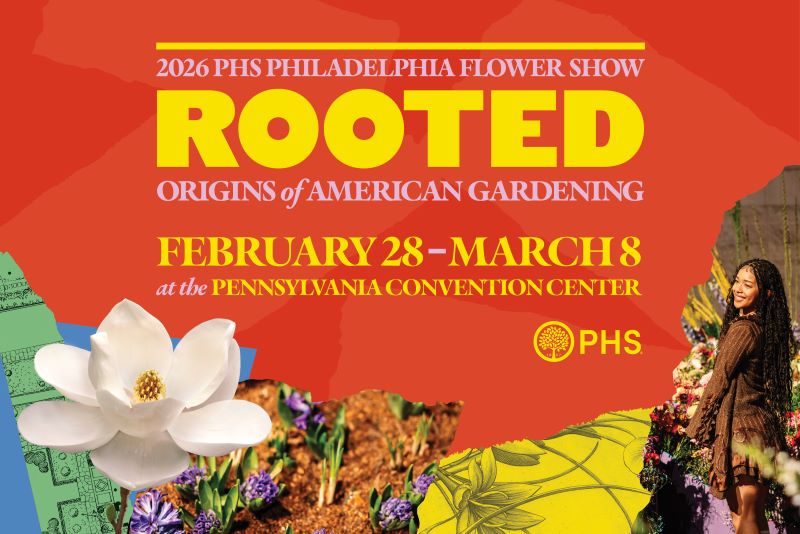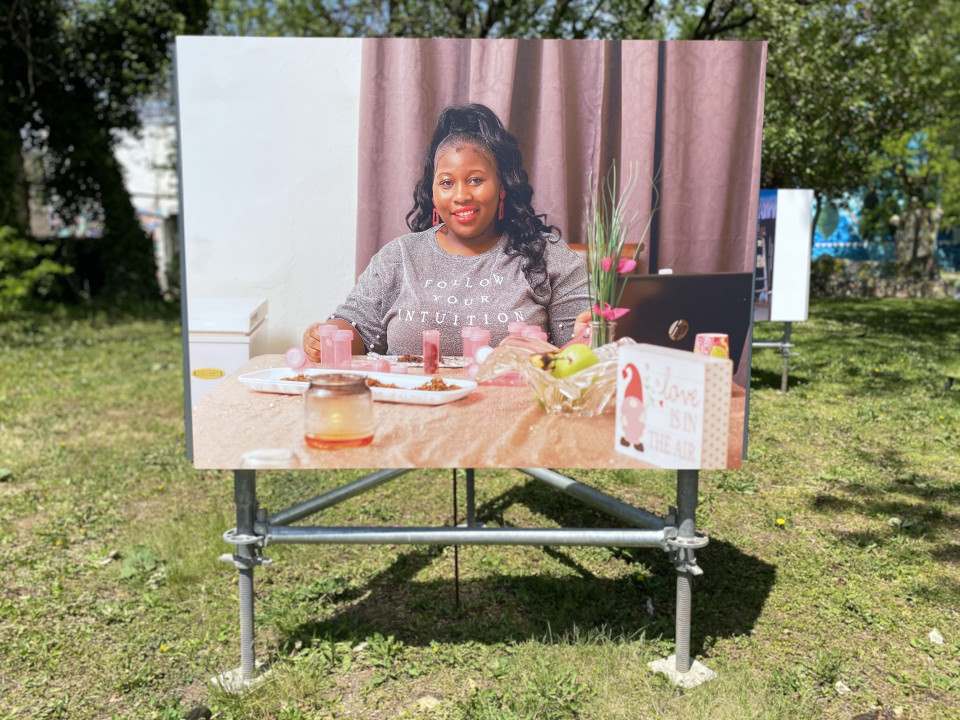AI-Generated Image by Anand Subramanian
In recent years, there’s been a dramatic and profoundly significant movement among people of African descent to reconnect with their ancestral spiritual practices. And no, this isn’t just some fad like avocado toast or TikTok dances. This is a full-blown cultural renaissance—a soulful homecoming if you will, fueled by the yearning to reclaim what was lost during centuries of colonization, enslavement, and systemic erasure.
Here’s the deal: for centuries, African spiritual systems were suppressed, vilified, or downright outlawed under colonial and missionary regimes. Practices like Ifá, Vodou, or Ubuntu were labeled “pagan” or “witchcraft,” while imported religions like Christianity and Islam became the dominant faiths. This wasn’t a casual swap—this was spiritual gentrification on steroids. The imposed structures weren’t just religious; they came with a side order of cultural disconnection and identity crisis.

AI-Generated Image by Anand Subramanian
But now, in the wake of global social justice movements, such as Black Lives Matter, many African-descended people are dusting off the cobwebs of colonial histories and rediscovering their roots. This isn’t just about rituals or deities; it’s about decolonizing the mind and spirit—unlearning oppressive narratives and re-learning the beauty of their heritage.
For instance, there has been a rise of interest in Ifá, the Yoruba system of divination and spiritual practice. Practitioners turn to ancestral wisdom, guided by ancient texts and oral traditions, to navigate life with purpose and balance. Then there’s Vodou, a syncretic tradition deeply misunderstood due to Hollywood’s need to make everything creepy and zombie-filled. Vodou is a profoundly spiritual practice that honors ancestors and nature.
Modern tools like social media have amplified this cultural renaissance, which has become virtual temples of connection. On platforms like Instagram, TikTok, and Twitter (or whatever Elon Musk has renamed it by now), practitioners share their spiritual journeys, offer insights, and build communities across continents. Hashtags like #AfricanSpirituality or #DecolonizeYourSpirit are buzzing, inspiring thousands to reclaim their identity.
And it’s not just about individuals lighting candles and meditating. Scholars and artists are diving into the movement, too. Academics are deconstructing the Eurocentric narrative that African spiritual systems are “primitive.” Meanwhile, creatives are incorporating these traditions into music, visual art, and literature, proving that spirituality isn’t just a thing of the past—it’s alive and evolving.
So, why is this important? Because it’s not just about religion; it’s about identity, dignity, and the right to exist entirely as oneself. This renaissance allows African-descended people to find empowerment in traditions that validate their experiences, history, and connection to the cosmos. It’s not a rebellion against imposed faiths; it’s an act of reclamation, a declaration of “This is who we are, and we’re proud of it.”
Sources:
- The Elephant – “Decolonising My Soul: My Journey to Reclaim African Spirituality” (Read here)
- Smithsonian Magazine – “Africa’s Enduring Spirituality and Belief Systems” (Read here)
- Afropunk – “Why More Millennials Are Turning to African Spirituality” (Read here)
- The Conversation – “Decolonizing Faith: The Revival of African Spirituality” (Read here)
Why Now? A Cosmic Call to Action
So, you’re probably asking yourself, “Why is everyone suddenly burning sage and talking to their ancestors in 2025? Is there a celestial memo I missed?” Well, not exactly, but close. Let’s unpack it, shall we?
First, let’s talk about the big, unavoidable Elephant in the room: the global pandemic. Yes, COVID-19, that uninvited guest who turned up in 2020 and refused to leave, didn’t just rattle our health systems—it gave our collective psyche a hard shake. Stuck at home, with nothing but sourdough starters and Netflix for company, people had a lot of time to think. Questions like, “What’s my purpose?” or, “Why does life feel so disconnected?” started creeping in. Existential crises were trending harder than any TikTok challenge, and suddenly, spirituality became less of a luxury and more of a necessity.

AI-Generated Image by Anand Subramanian
Enter African spirituality. Unlike many Western systems, which often separate the sacred from the everyday, African spiritual traditions are holistic. They connect the dots between mind, body, community, and cosmos. This approach resonated deeply with those looking for meaning, grounding, and a sense of belonging in a world turned upside down.
But that’s not all, folks. The pandemic was just one piece of the puzzle. The last few years have also seen a powerful resurgence of social justice movements like Black Lives Matter. These movements did more than demand accountability for systemic racism; they also shone a spotlight on the importance of cultural identity and heritage. People began asking: “Who am I beyond the labels society has slapped on me?” Reclaiming African spirituality became an act of self-love and resistance, a way to honor ancestors whose practices were stripped away and rewrite the narrative of what it means to be African or of African descent.
And let’s not forget the rise of mental health awareness. African spirituality offers tools for emotional resilience—practices like ancestor veneration, libation rituals, and connection with nature that help individuals feel supported by something larger than themselves. For many, it’s like therapy but with drums, chants, and a much more fabulous wardrobe.
Then there’s the digital revolution. Platforms like Instagram, YouTube, and TikTok have become spiritual hubs where practitioners share knowledge, rituals, and stories. Whether it’s a thread on how to set up an ancestral altar or a YouTube deep dive into the Orisha pantheon, people are finding their way back to these traditions through modern tools. Who would’ve thought that algorithms, of all things, would help spark a spiritual awakening?
And let’s talk about solidarity. African spirituality isn’t just about individual enlightenment; it’s about community. In times of crisis, people long for connection, and these traditions provide just that—a network of ancestors, spirits, and living beings all working together in harmony. It’s like a group chat with fewer emojis and more metaphysical wisdom.
So why now? Because the world’s chaos pushed people to look inward, social justice movements reminded them of their roots, and African spirituality stood there, arms wide open, saying, “Welcome home.”
Sources:
- Smithsonian Magazine – “How the Pandemic Renewed Interest in Traditional Beliefs” (Read here)
- The Atlantic – “How Black Lives Matter Sparked a Cultural Reawakening” (Read here)
- The Guardian – “The Healing Power of African Spirituality Amid Crisis” (Read here)
- Medium – “Spirituality Goes Digital: The Role of Social Media in Reclaiming Roots” (Read here)
Challenges and Misconceptions:
Let’s be honest—reclaiming African spirituality isn’t all rainbows, ancestral wisdom, and perfectly aligned chakras. This journey comes with its fair share of potholes, and most of them are the result of centuries of colonialism, racism, and plain old misinformation. For hundreds of years, African spiritual practices have been demonized, dismissed, and downright disrespected. “primitive” and “evil” were casually tossed around like confetti at a colonizer’s parade.
Hollywood hasn’t helped, either. Thanks to countless horror movies featuring Vodou dolls and sinister rituals (looking at you, The Serpent and the Rainbow), these practices have been caricatured into something unrecognizable and, frankly, offensive. This legacy of distortion means that even today, many people approach African spirituality with fear, skepticism, or a hefty dose of side-eye.
Then there’s the internal challenge. Let’s not forget that colonization didn’t just physically remove people from their land; it disconnected them from their spiritual roots. Many descendants of Africa have grown up with limited or no exposure to these traditions, and reclaiming them can feel overwhelming. It’s like opening a long-lost treasure chest but realizing you have no map, no instructions, and the pirates who stole it centuries ago booby-trapped it with stigma.
Overcoming these misconceptions requires two things: education and dialogue. People must understand that African spirituality isn’t about “magic” in the Western sense; it’s about harmony, balance, and connection. And guess what? It’s not monolithic, either. Africa is a massive continent with thousands of ethnic groups, each with its spiritual system. This is no cookie-cutter faith—it’s an intricate tapestry, each thread woven with care, history, and meaning.

AI-Generated Image by Anand Subramanian
And let’s not forget the courage it takes for practitioners to step into this space publicly. Speaking openly about these traditions in a world still steeped in colonial narratives can feel like going into battle with nothing but a smudge stick and hope. But the fact that so many people are doing it anyway? That’s nothing short of revolutionary.
The Way Forward:
Alright, you’re ready to dive into this spiritual renaissance, but you’re unsure where to start. The good news is that there’s no pop quiz or initiation ritual involving a secret handshake. Reclaiming African spirituality is a personal journey, and it’s all about finding what resonates with you.
Step one? Educate yourself. And no, that doesn’t mean a quick Google search followed by a YouTube binge. Read books by African and diaspora scholars. Check out works like Of Water and the Spirit by Malidoma Patrice Somé or Jambalaya by Luisah Teish. These aren’t just how-to guides—they’re immersive explorations of culture and spirit.
Step two? Engage with communities. Whether it’s a workshop, an online group, or a local gathering, connecting with others on the same journey can provide guidance and support. But remember: approach with respect and humility.
Step three? Experiment and reflect. Build an ancestral altar, try divination tools, or simply meditate on your intentions in nature. Spirituality is personal, so take the time to discover what feels right for you.

Anand Subramanian is a freelance photographer and content writer based out of Tamil Nadu, India. Having a background in Engineering always made him curious about life on the other side of the spectrum. He leapt forward towards the Photography life and never looked back. Specializing in Documentary and Portrait photography gave him an up-close and personal view into the complexities of human beings and those experiences helped him branch out from visual to words. Today he is mentoring passionate photographers and writing about the different dimensions of the art world.





